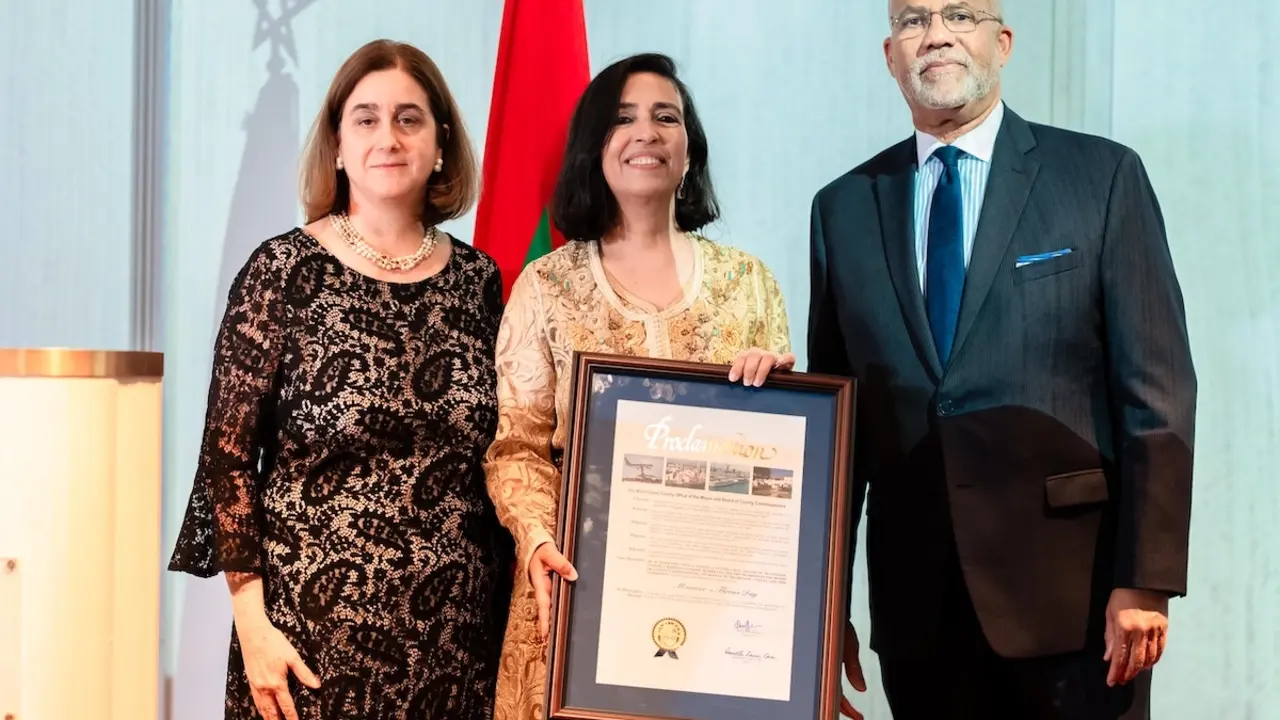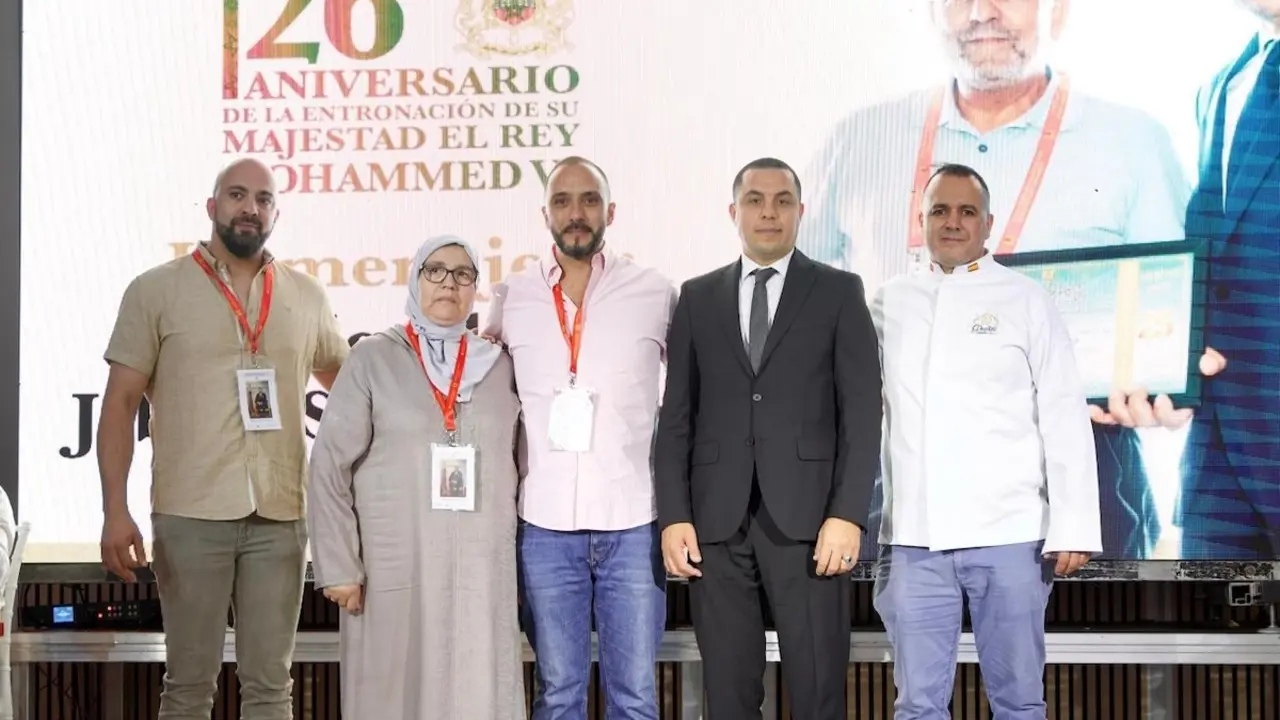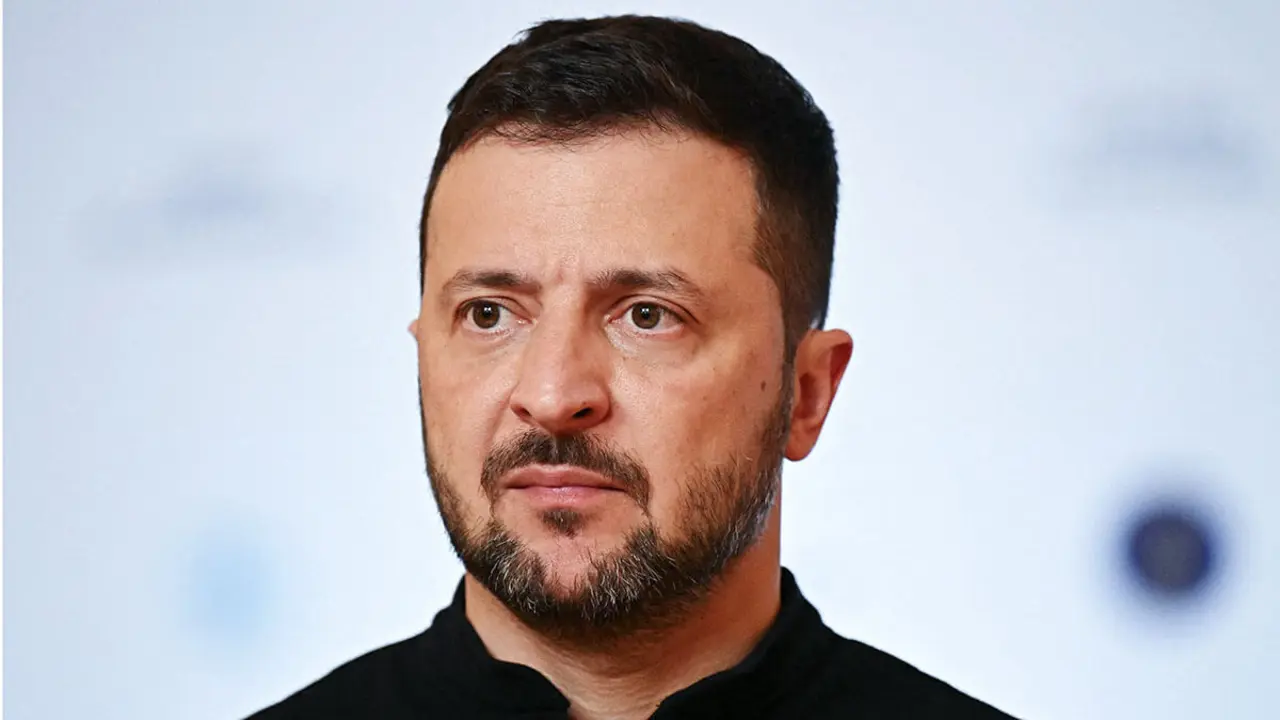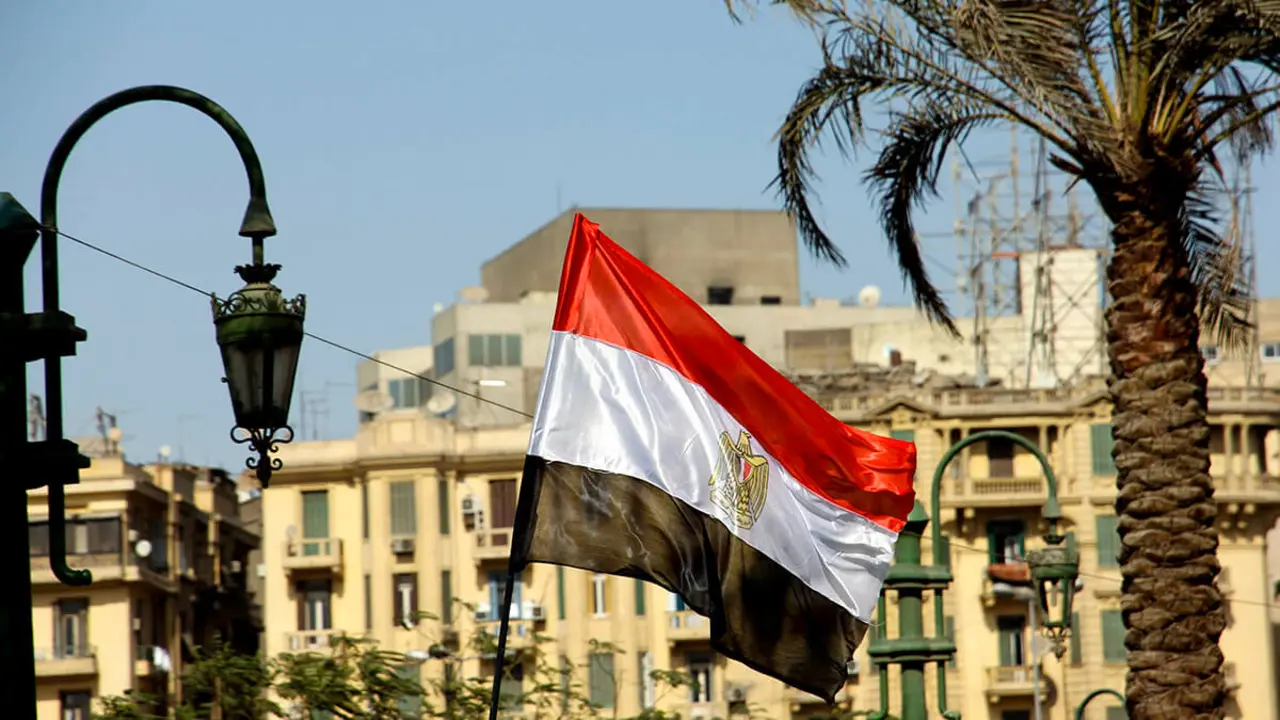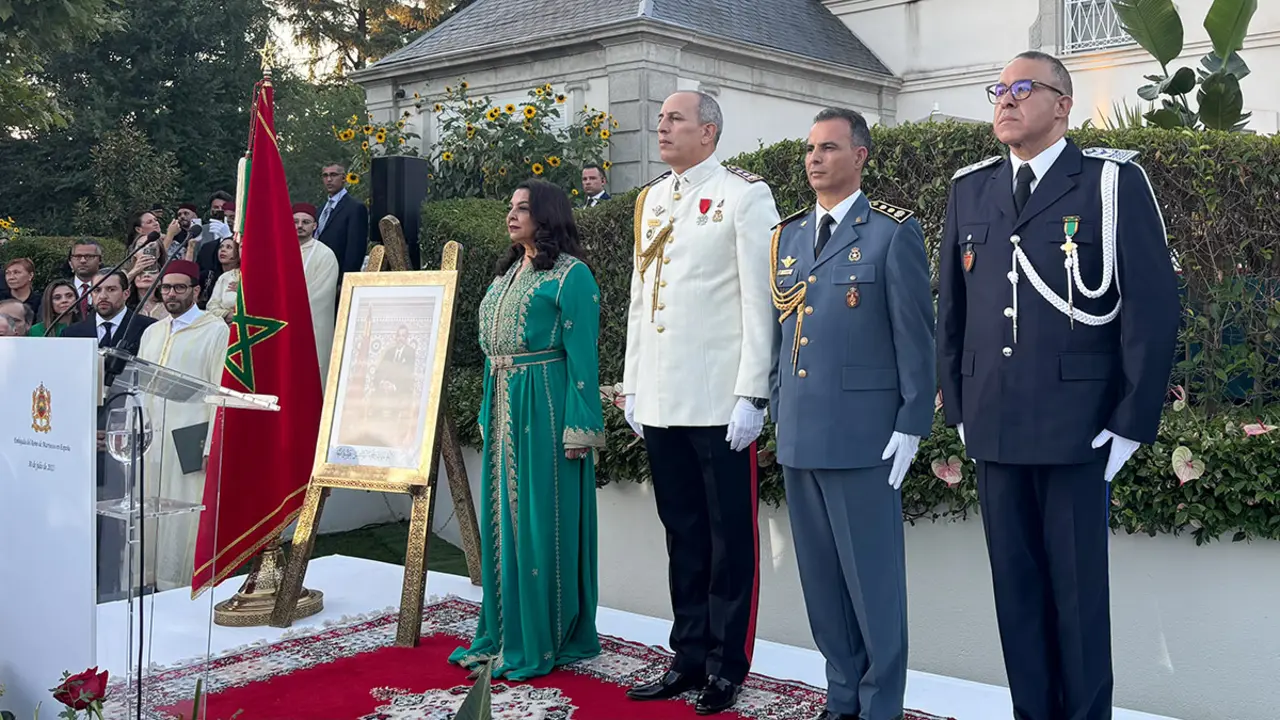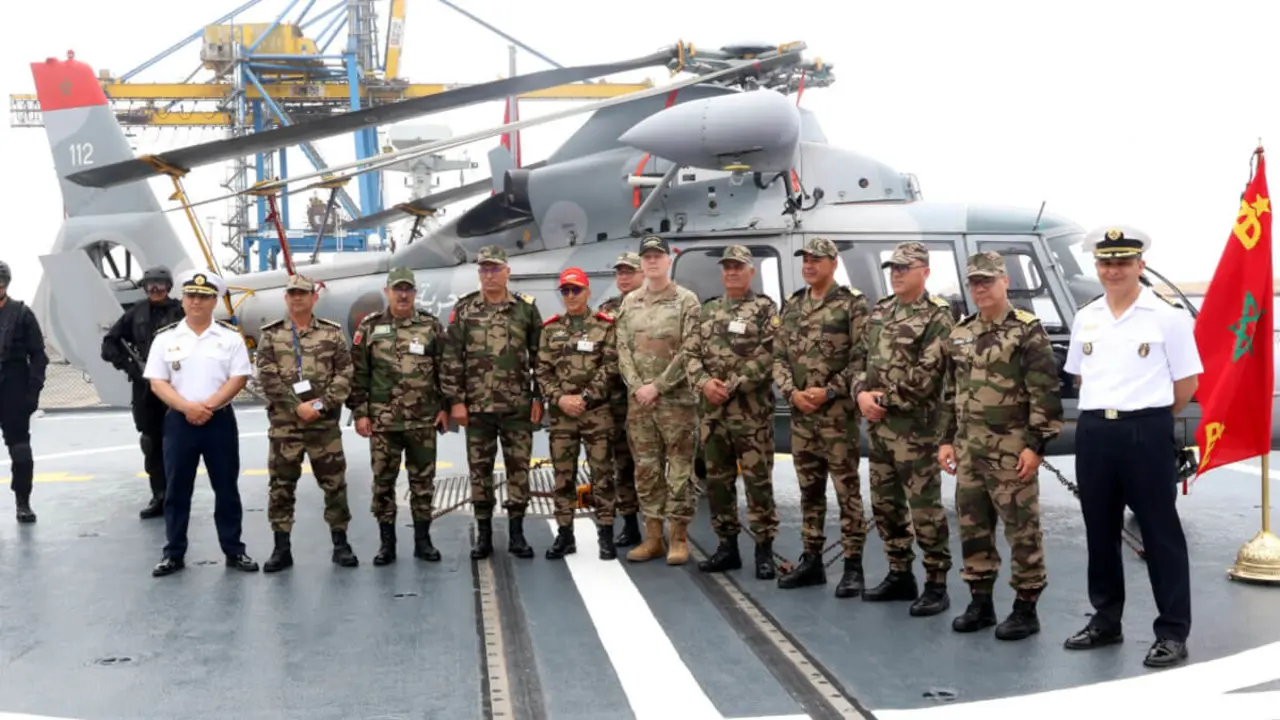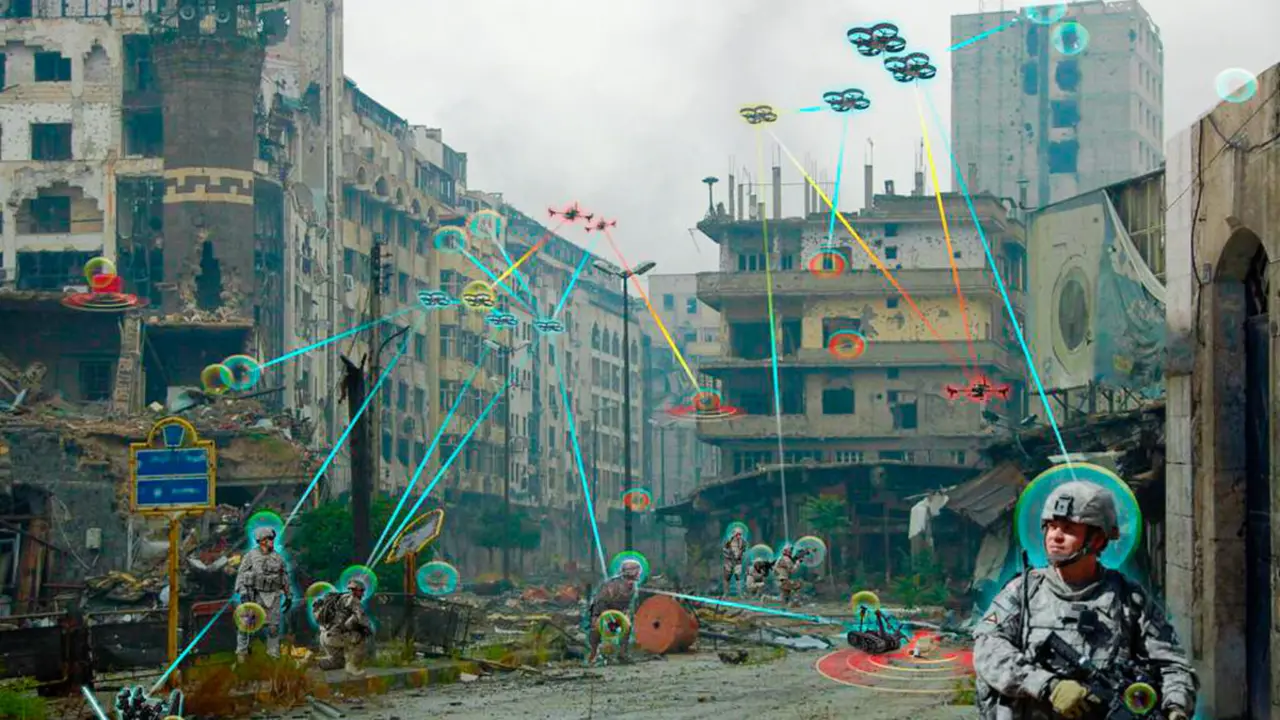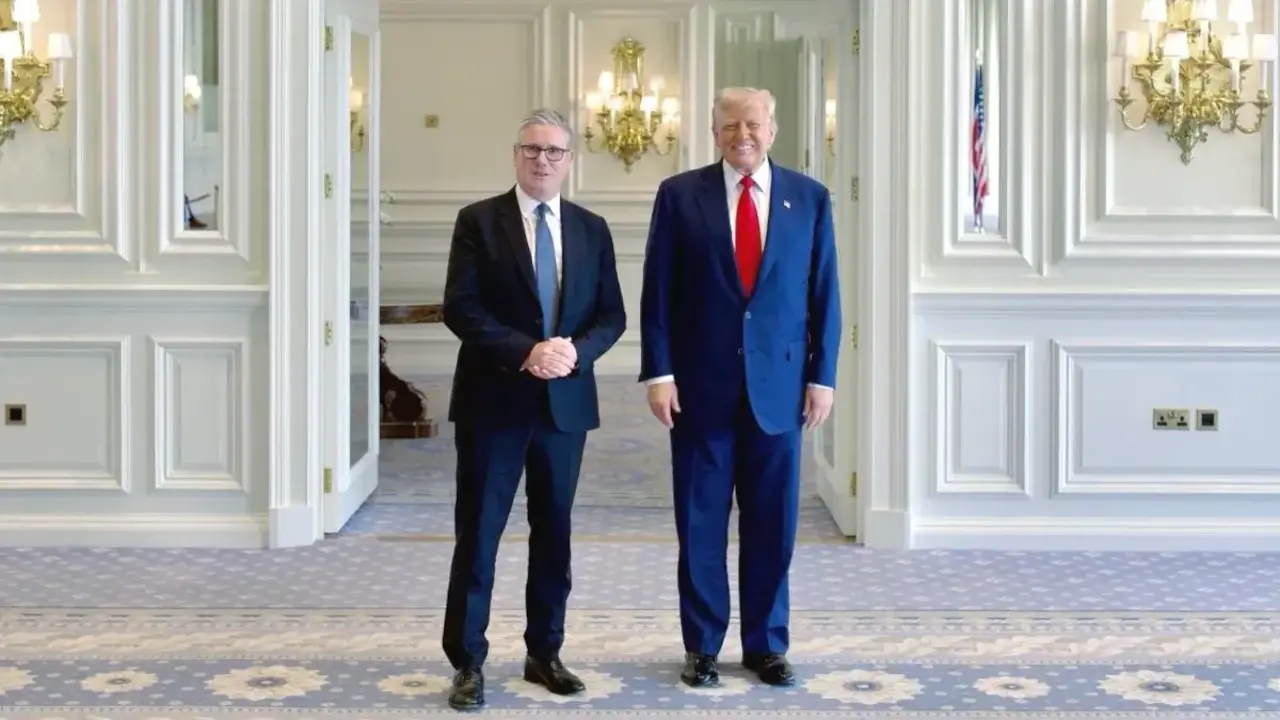Akhannouch: the most influential businessman in Moroccan politics
Aziz Akhannouch will lead the 17th Moroccan government from 2021, after 14 years in previous governments. A statesman as well as a businessman, he accumulates significant experience in the political arena and a successful track record in the business world
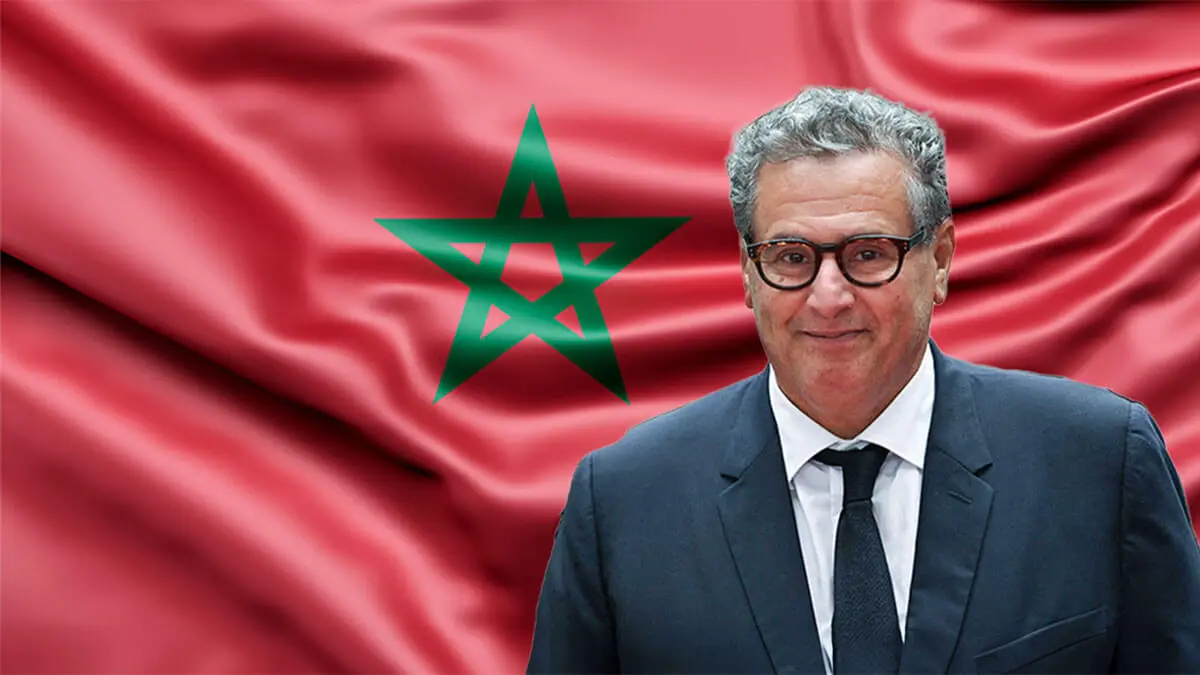
Since his appointment as President of the Moroccan Government in September 2021, Akhannouch has become the most notable politician on the Moroccan political scene today.
- Changes in the Government
- Entrepreneur with passion, statesman with vision
- Minister of Agriculture
- Akhannouch's government achievements
- Challenges: crisis management and progress on the agenda
- Party militancy and social action
- Akhannouch's image in the eyes of his opponents
Very close to King Mohammed VI and a successful businessman, Aziz Akhannouch has made his mark in the business world, as he is doing in the political arena since he was elected president of the National Rally of Independents on 29 October 2016.
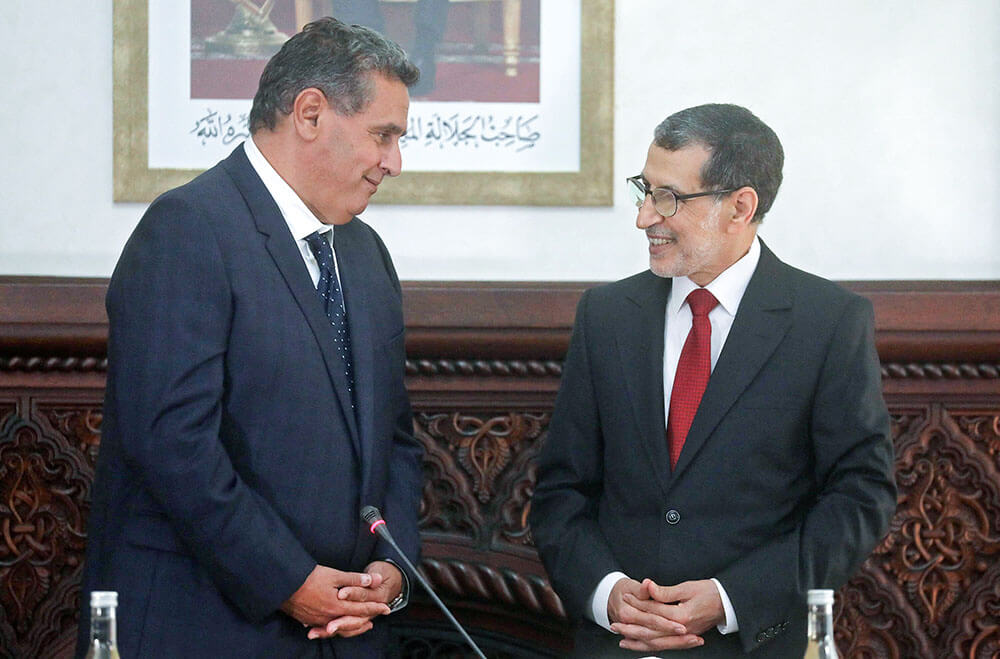
Akhannouch is considered one of the most prominent businessmen in Morocco and the Arab world, with a political-economic career comparable, to some extent, to that of US President Donald Trump.
Thanks to his skills and efforts in the negotiations between Morocco and the European Union, Akhannouch was awarded the Grand Cross of the Spanish Civil Order of Agricultural, Fishing and Food Merit in 2014. A decoration that recognises his contribution to the conclusion of the EU-Morocco Fisheries Agreement.

Changes in the Government
At the urging of the Moroccan Sovereign, for the second half of his mandate, Akhannouch has changed some players on the political chessboard of his government, including such important ministries for the country as Education and Health, to welcome new ministers:
- Amal Seghrouchni for the Ministry of Digital Transition and Government Reform, described by the press as highly competent and experienced in the sector.
- Saad Berrada for the Ministry of Education, very competent in his domain but with little teaching experience.
- Amine Tahraoui for the Ministry of Health, with no experience in the health sector compared to his predecessor, Ait Taleb.
- Karim Zidane for the Ministry of Investment, an engineer who until now worked for the BMW automobile company.
An analysis of the list of new ministers in the Moroccan government suggests that most of them are close to Akhannouch:
- Saad Berrada was a member of Afriquia's council.
- Amine Tahraoui worked for Akwa, Aksal's number two, and has his own consultancy firm.
- Karim Zidane had lived in Germany since 1993 and joined the RNI in 2017.
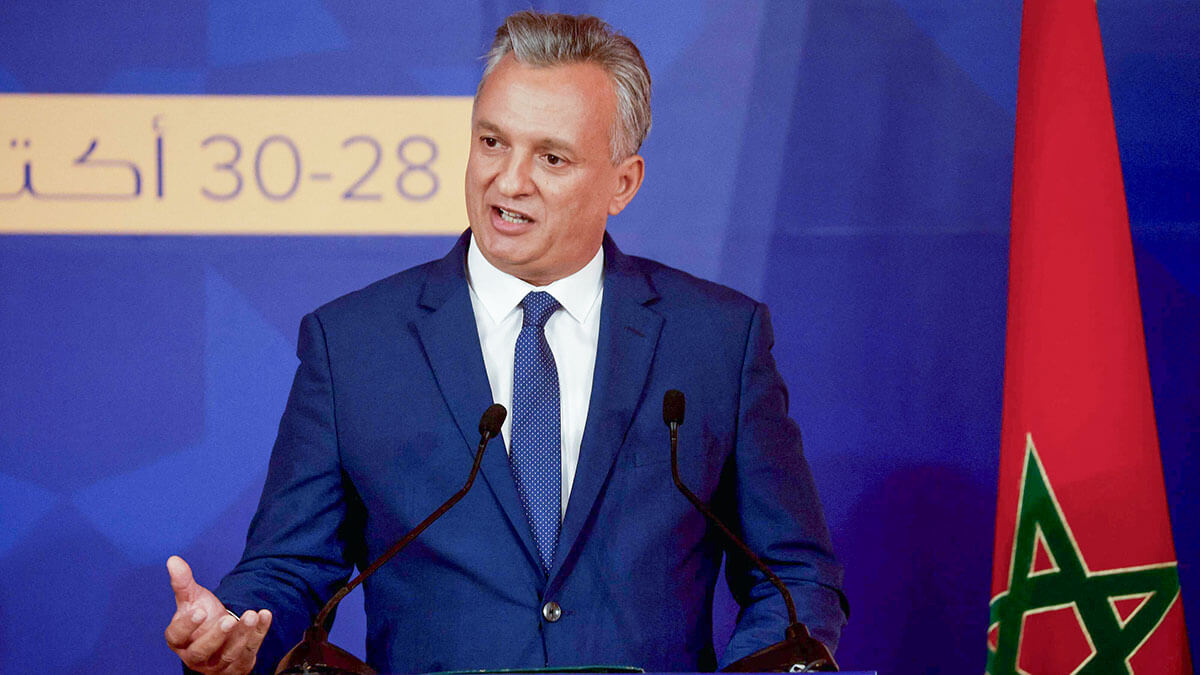
Indeed, the proximity of the new ministers to Akhannouch caused the press to raise several questions about the head of government's decisions and to question the lack of experience - not competence - of some of those chosen.
Entrepreneur with passion, statesman with vision
Born in Tafraout in 1961, Aziz Akhannouch is the son of Rokia Abdelali, sister of Abdelrahman Ben Abdelali, who was the first Minister of Public Works in Abdellah Ibrahim's government in the late 1950s, and Ahmed Ouldhadj Akhannouch, who founded the AKWA group with Haj Ahmed Wakrim in 1932.
The young Akhannouch completed his secondary education in Casablanca and, after obtaining his baccalaureate, went to study in Canada, where he graduated in Administrative Management from the University of Sherbrooke in 1986.
With an innate nose for business, inherited from his father, Aziz Akhannouch began an early and brilliant business career.
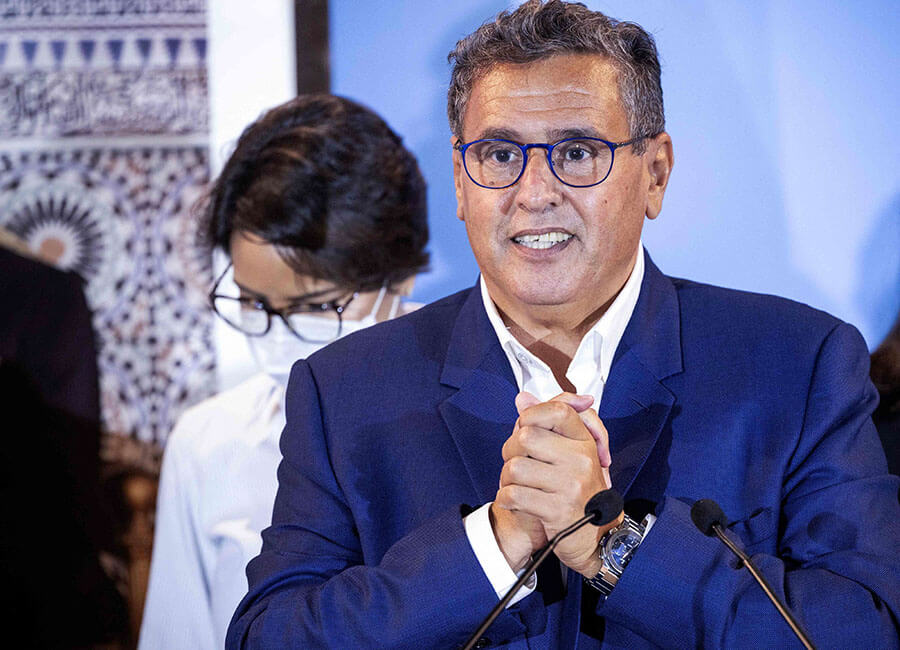
On his return to Morocco, he headed the AKWA Holding group, which includes a network of major economic institutions operating in different sectors of activity such as energy and hydrocarbons; telecommunications and press; gas; real estate; tourism and services; distribution and agriculture. In addition, it has recently become involved in the field of seawater desalination, a key sector for Morocco.
Akhannouch is married to Salwa Idrissi, one of the most important businesswomen in Morocco and North Africa, founder and CEO of the Aksal Group, a Moroccan leader in luxury goods, department stores and shopping centres. Idrissi is known as the ‘queen of franchises’ of fashion and cosmetics brands in Morocco.
With a net worth of around 2 billion dollars, Akhannouch showed her entrepreneurial skills and ambition at a very young age: in the 1990s she was part of the G14 think tank, a group of 14 economic experts and advisors appointed by the late Hasan II, father of the current monarch.
Coming from a background of entrepreneurs with strong negotiating skills, Akhannouch has long honed his talents as a future statesman and has built a prudent and steady political career, also serving on the board of the General Confederation of Moroccan Enterprises.
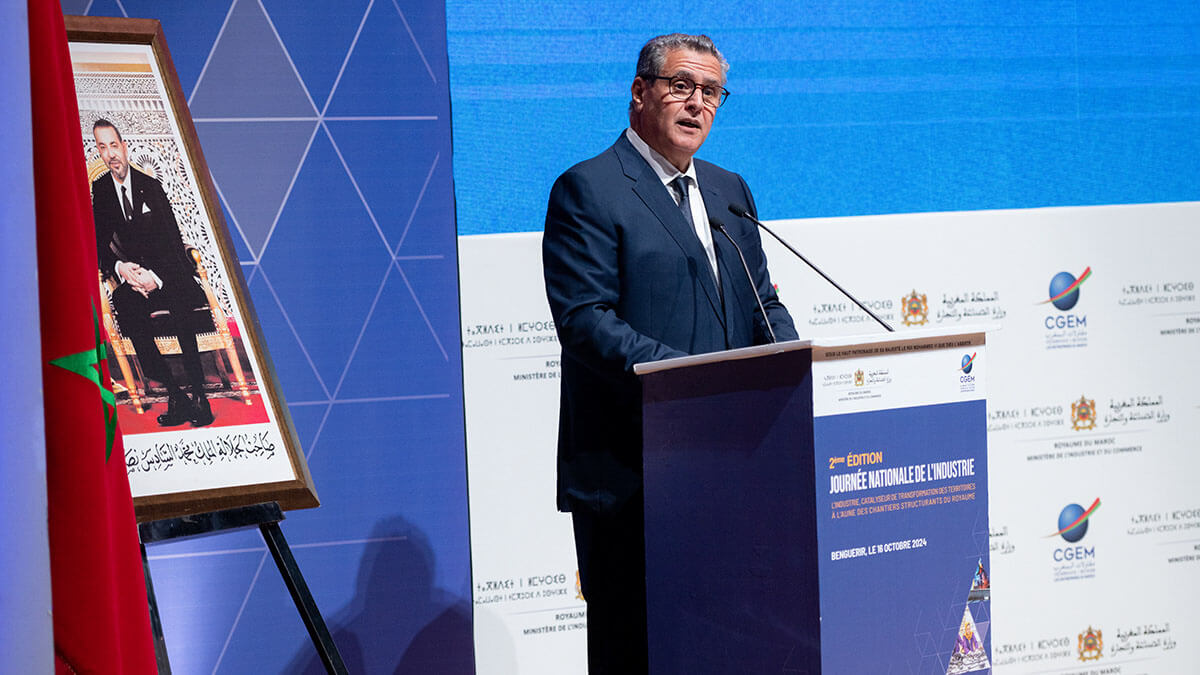
With 40% of the country's hydrocarbon market, 45% of the butane gas market and 62% of the liquefied petroleum gas market, the successful businessman is described by the press as the ‘Emperor of hydrocarbons’.
Minister of Agriculture
After having been a member of the Tafraout Communal Council and then the Tiznit Regional Council, Akhannouch became president of the Sus Massa Daraâ Regional Council between 2003 and 2007. He was then appointed Minister of Agriculture and Fisheries in 2007 in the government of Abbas El Fassi, after joining the National Rally of Independents (RNI) party, which was known for recruiting elite businessmen and notable technocrats.
On 2 January 2012, Akhannouch left the party, although he would make a stronger comeback in 2016 to be elected president of this political formation, succeeding Salaheddine Mezouar.
Earlier, on 23 August 2013, he had been appointed interim finance minister by King Mohammed VI, after Istiqlal ministers resigned from Abdelilah Benkirane's cabinet. Akhannouch remained at the helm of this ministry until 9 October of the same year.
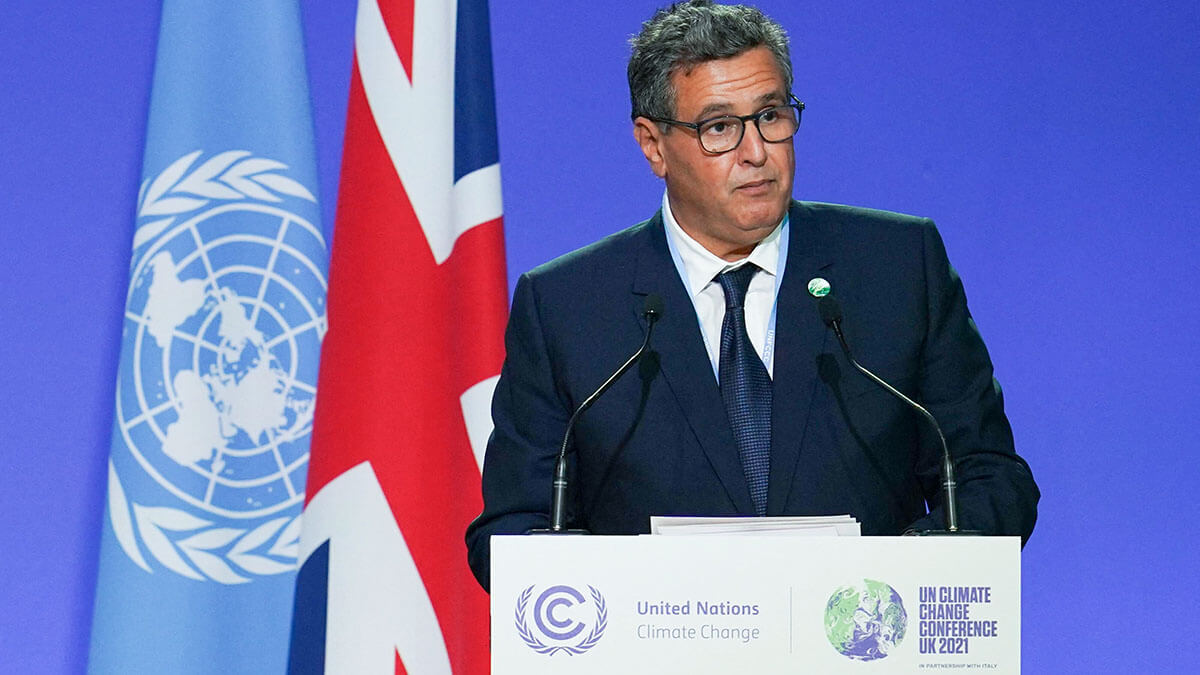
As permanent Minister of Agriculture, he led a coalition that included his own party and three others: the Socialist Union of Popular Forces; the Popular Movement; and the Constitutional Union. Together with them, in 2016 he led the negotiations to start negotiations with the government of Saad Eddine Othmani, Benkirane's successor, after five months of deadlock.
In the same line of negotiation that Akhannouch manages very well, on 27 July 2016 he met with Jonathan Pershing, the US Special Envoy for Climate Change, to discuss preparations for the 2016 United Nations Climate Change Conference (COP22), to be held in Marrakech.
Akhannouch's government achievements
The coalition government led by the National Rally of Independents headed by Akhannouch has presented up to 40 commitments in its government programme and, at the halfway point of its mandate, has achieved a series of objectives, which the opposition has described as insufficient.
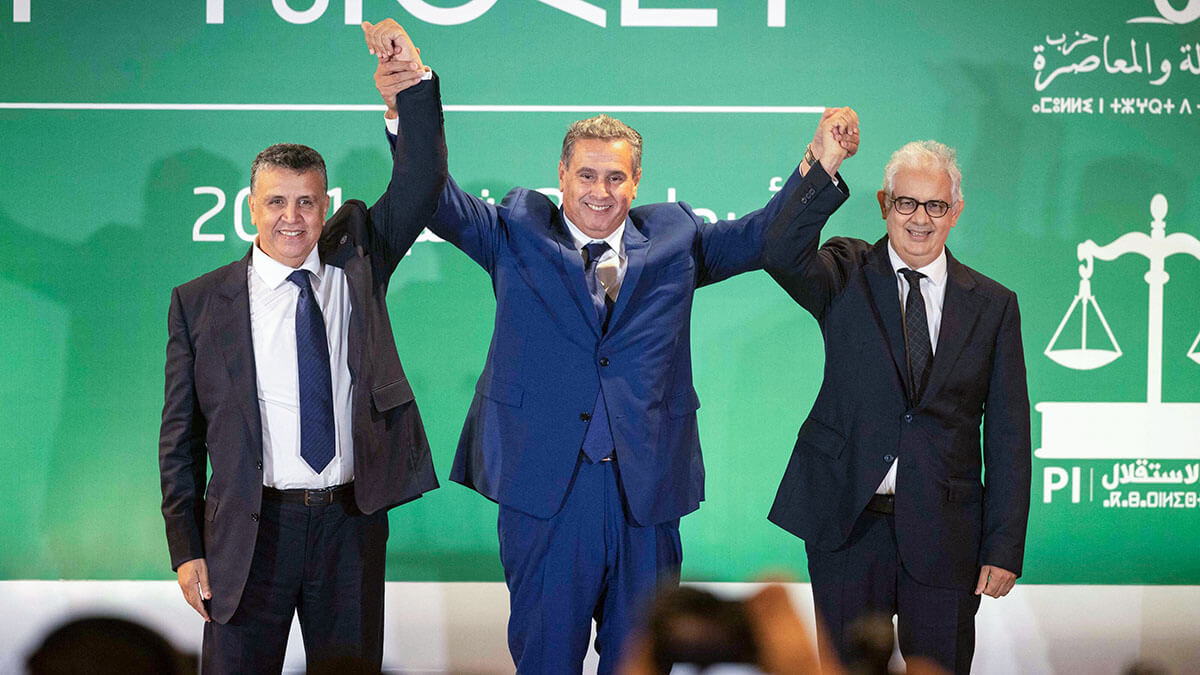
For the moment, Akhannouch's government is the most homogeneous in almost a quarter of a century, with a comfortable parliamentary majority of 270 representatives out of 395: 102 from the RNI; 87 from the Authenticity and Modernity Party (PAM); and 81 from the Independence Party (Istiqlal).
In addition to this, there are other achievements:
- The protection of citizens' purchasing power through the revaluation of salaries of both private and public sector employees, with a minimum wage increase.
- Direct social assistance, with 3.5 million families benefiting, including 12 million people, including 5 million children, 1.4 million childless families and 1.2 million people over 60.
- The direct housing subsidy which aims to improve the living conditions of around 110,000 families annually.
- Stabilisation of electricity and transport prices.
- Reducing the poverty rate from 4.8% to 3%.
- Control of inflation, set at 1.2%.
- 25% increase in domestic and foreign direct investment.
- The improvement of the state's financial resources due to the activation of the Fiscal Reform Framework Law which added 100 billion dirhams to the fiscal prescriptions, in addition to the good management of public finances.
- The reduction of the budget deficit from 7% in 2021 to 4.5% in 2024, with a decrease in indebtedness from 72% to 70%.
- Reforms that consolidate the foundations of the social state.
- The generalisation of compulsory AMO insurance.
- Projects launched in different sectors such as education, health, industry, infrastructure, investment and job creation.
Challenges: crisis management and progress on the agenda
Although the Akhannouch government came to power facing the challenge of doing so during one of the worst economic crises the country and the world have ever seen, it was able to implement part of its government programme during its first 30 months in office.
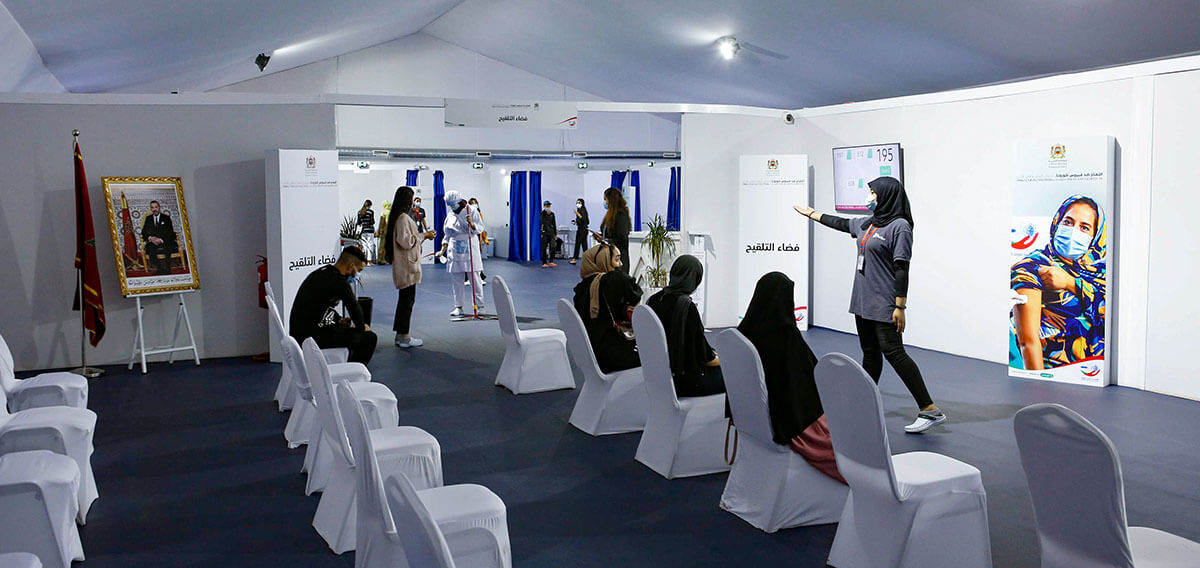
After the pandemic crisis and the management of the post-pandemic phase, the government has had to face other crises with proactivity and firmness: the breakdown of diplomatic relations with Algeria; the migration-border incident in the cities of Ceuta and Melilla in May 2021; the El Haouz earthquake; drought and water stress; the diplomatic crisis with France; strikes; inflation; the Castillejos operation of 15 September last; and the recent annulment by the General Court of the European Union of the agricultural and fisheries agreements between the EU and Morocco.
The country, with the King and the government at the helm, has managed to emerge from these crises and inaugurate a new era of diplomatic relations with Spain, France and other countries around the world, achieving significant milestones in terms of recognition of its sovereignty over Western Sahara. It is also making progress in managing its domestic politics in an increasingly complicated global geopolitical environment.
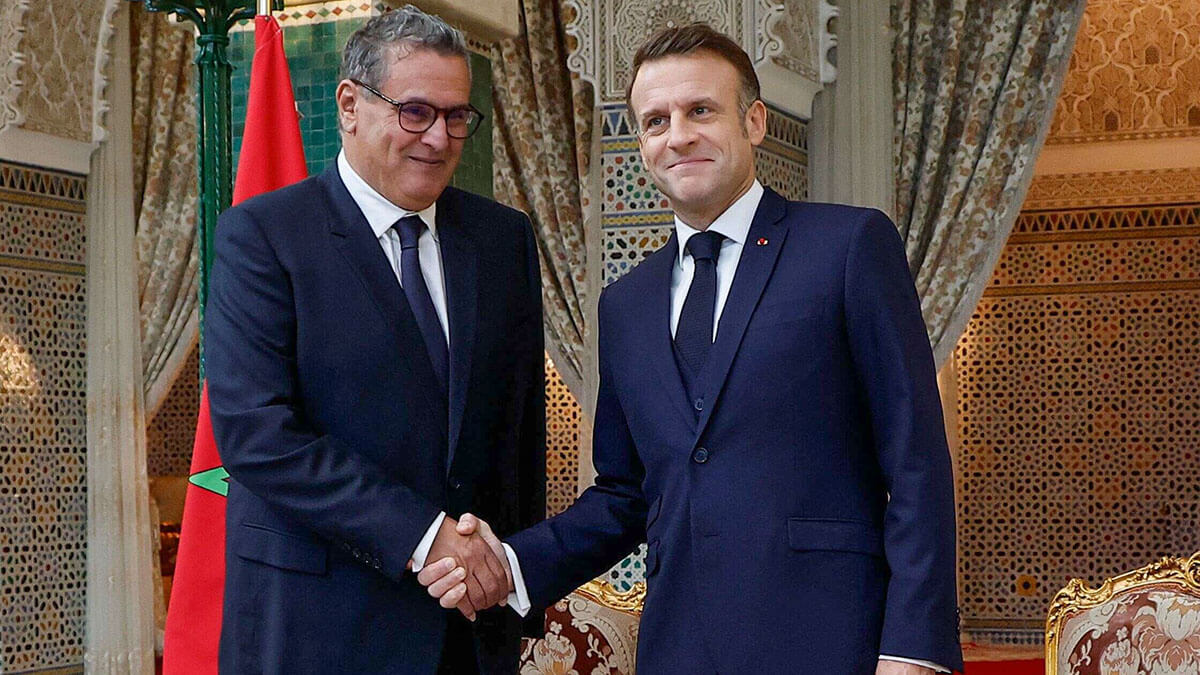
Based on a pact emerging from the New Development Model, with a new generation of reforms and projects aimed at reducing the country's deep social disparities and doubling per capita GDP, the Moroccan government successfully overcame the Covid crisis and provided ambitious solutions to weak social safety nets.
Despite these results, the issue of employment remains a pending issue, as the goal of creating one million jobs by 2026, one of the RNI's electoral promises during the election campaign, is still a long way off. In the face of the drought-induced drop in agricultural activity, which has led to the loss of 372,000 jobs, Akhannouch has promised a recovery during the second half of his term in office. The next two years will be dedicated to improving the employability of young Moroccans: ‘We will succeed, as we have succeeded in everything else’.
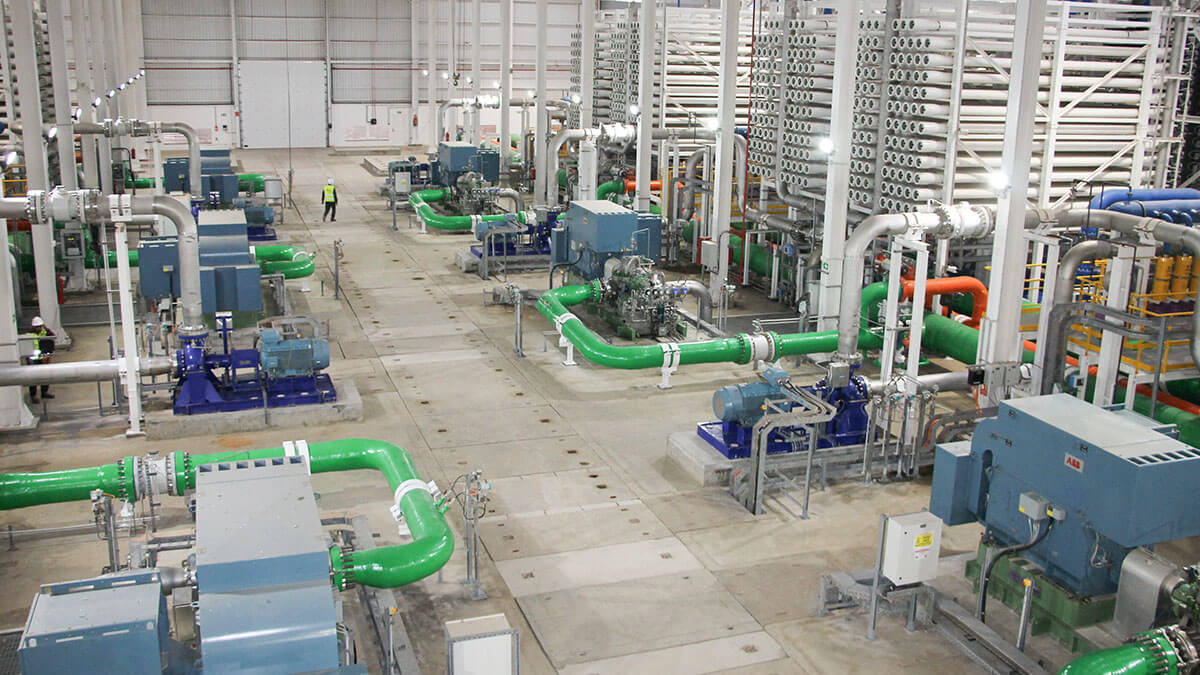
In addition to the effort to increase employment, the government will focus on activating the results of the New Development Model and responding to citizens' priorities, within the framework of the 2021-2030 strategic roadmap. This implies, among other things, progress in the following areas:
- The Green Morocco Plan, launched in 2008, which is part of the new agricultural strategy ‘Green Generation 2020-2030’ and the ‘Morocco Forests’ strategy, which include the planting of 600,000 hectares of trees in all Moroccan regions until 2030.
- The Halieutis plan for a profound transformation of maritime fisheries towards greater sustainability and competitiveness.
- Ensuring food security, increasing wage incomes, creating jobs, developing exports, fighting poverty and increasing gross domestic product.
- Strengthened governance, ecological transition and balanced territorial development.
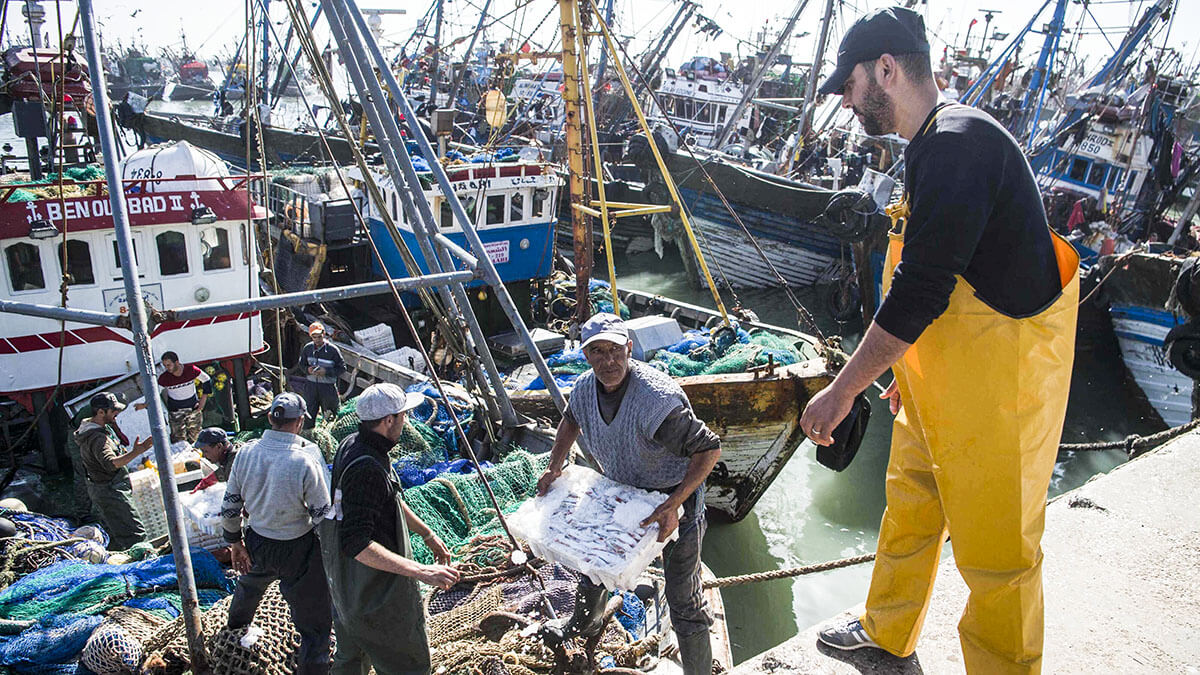
Party militancy and social action
Since taking over the presidency of the National Rally of Independents on 29 October 2016, Akhannouch has energised the party, creating parallel organisations and launching innovative initiatives that favour a participatory approach.
Proof of this is that the militants of the party founded in 1978 by Ahmed Osman, toured all the regions of Morocco in 2019, as well as the 13th region of the Moroccans of the World, on the basis of the policy of proximity, listening and civic engagement.
To this end, they launched two initiatives: the Road of Cities (100 small and medium-sized towns, 100 days for constant communication with citizens); and the Road of Trust (harvesting citizens' views on their priorities and aspirations for the Morocco of tomorrow, in order to help strengthen the foundations of the social state).
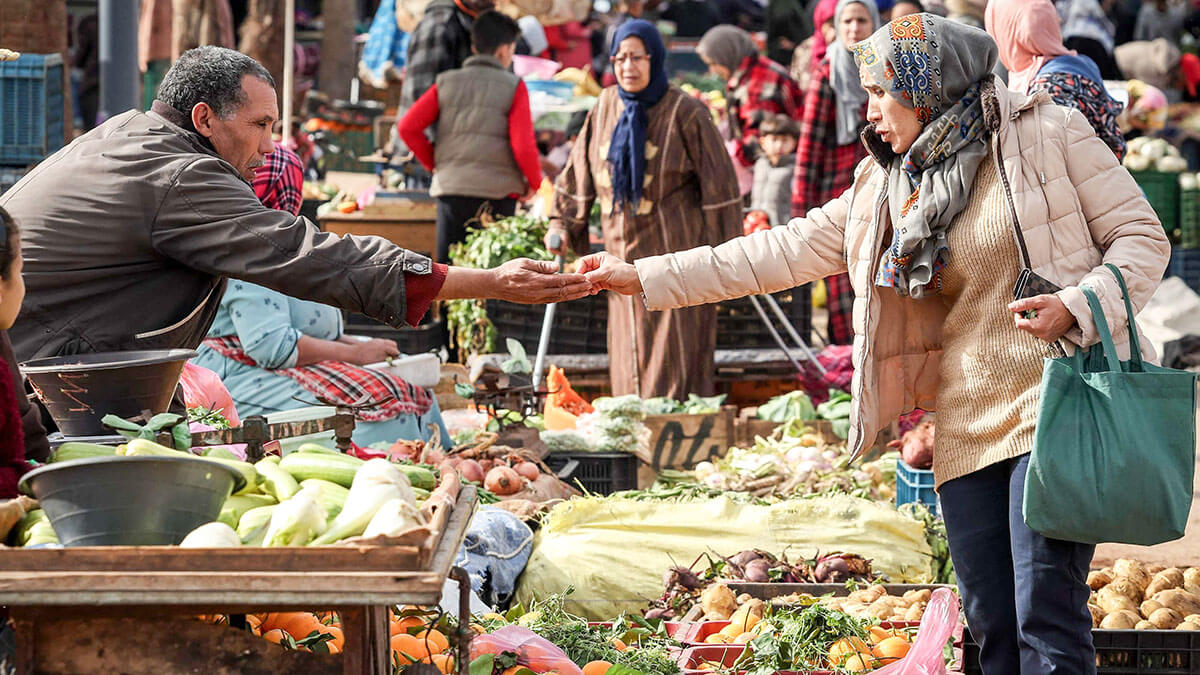
In parallel, Akhannouch is known for his support for civil and development associations and is involved in various civil and professional institutions such as the General Confederation of Moroccan Enterprises (CGEM); the Moroccan Oilmen's Association; the Mohammed V Foundation for the Environment; the Mohammed VI Foundation for the Reinsertion of Prisoners; or the Lalla Salma Foundation for the Prevention and Treatment of Cancer. He has also chaired the Association of the Festival of Tolerance, which organises an annual ceremony to promote the values of tolerance in the city of Agadir.
Akhannouch's image in the eyes of his opponents
His image was damaged during the economic boycott campaign that brewed on social media in 2018, which portrayed Akhannouch as one of the symbols of the ‘marriage between power and money’. But the politician was able to overcome the impact of the campaign and return to the forefront.
Akhannouch's popularity increased in 2020, when one of his companies donated 1 billion dirhams (about 112 million dollars) to the Special Fund to manage the coronavirus pandemic, set up by the King.
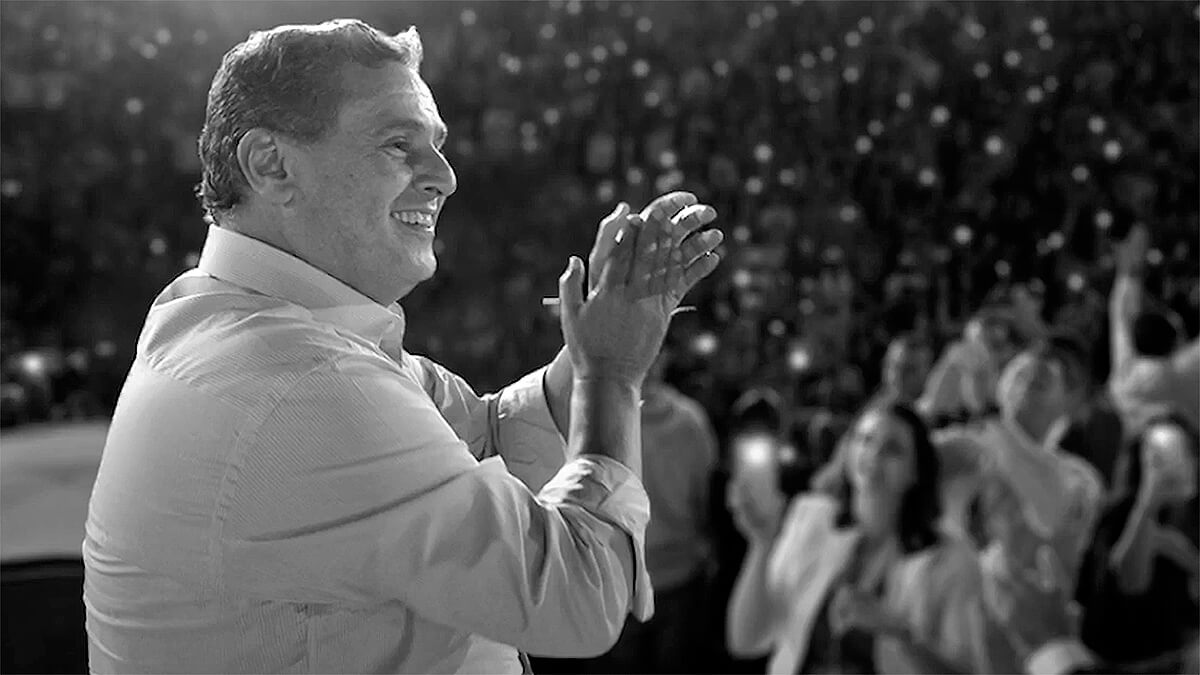
In the eyes of many of his opponents, he is a symbol of the much-criticised collusion between politics and business. Nor has his reluctance to appear in the media helped him much: he has given just two interviews to Moroccan television in two and a half years in office.
Akhannouch describes himself as a ‘friend of the King’ and ‘representative of the national bourgeoisie’. Even so, his acquaintances consider him a humble, ambitious and energetic man who prefers to work quietly and out of the spotlight.
Although opponents consider the results of his administration insufficient and blame him for job losses, Aziz Akhannouch is confident in his government's ability to turn the tide between now and 2026 and focus on job recovery.

